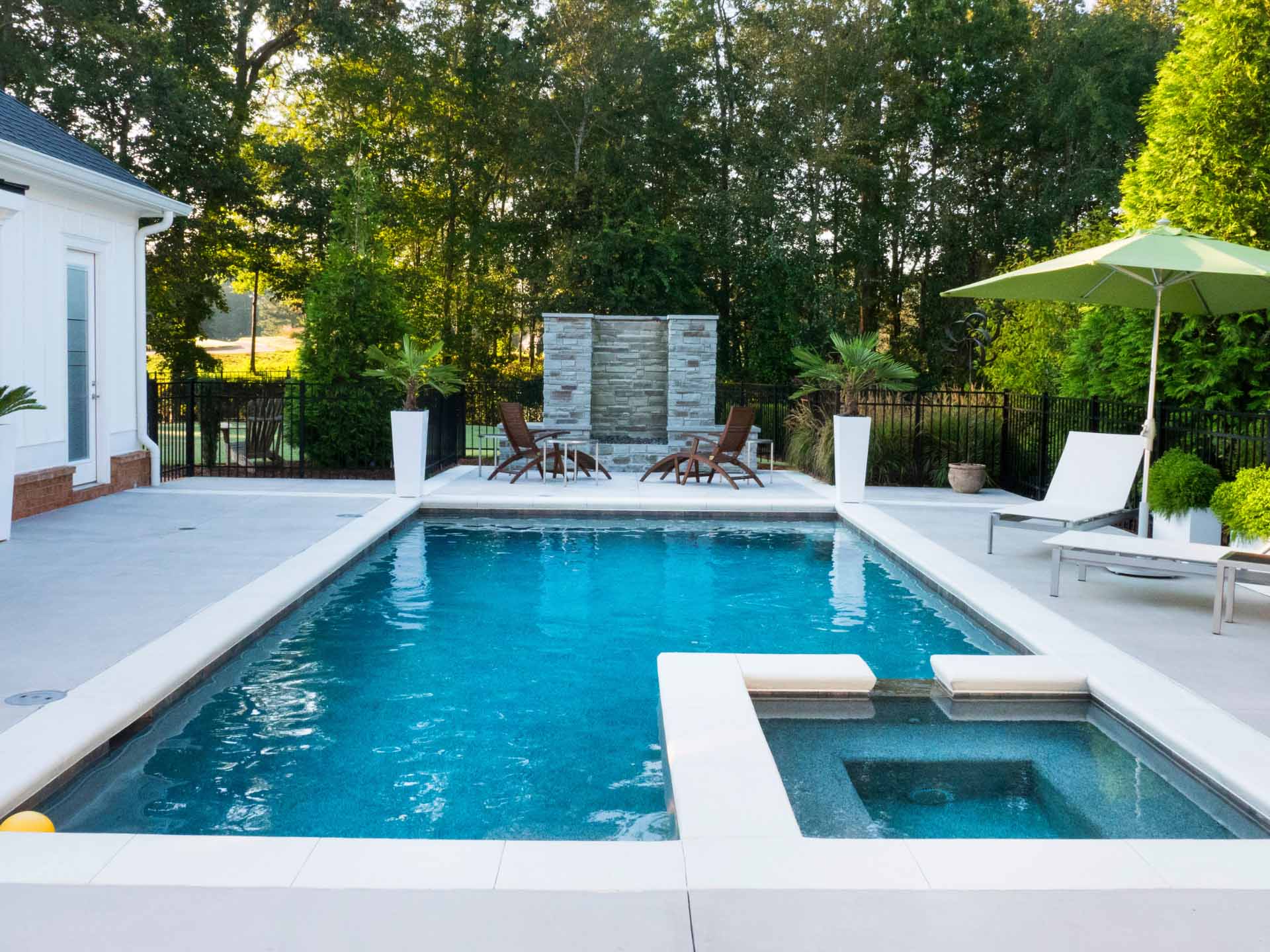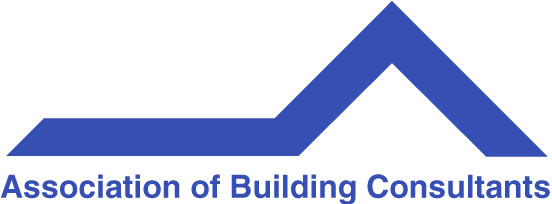article 7 August 2015
Buying a property with a pool

The warmer months always seem to bring out the serious buyers, who hit the market armed with a list of must-haves when shopping around for a new home. A growing item on that list is a pool or an outdoor spa, but what should a prospective buyer keep in mind when looking at a property?
- Get the facts straight. Ask the agent for the Development Application (DA) date for the pool. If it was pre- 30 June 1993, the pool is a “prescribed pool” under the Development Act and all access compliance, such as suitable fencing and gates, must be in place by the time of the property settlement.
- Check the date. If the pool’s Development Application date was after 30 June 1993 then different rules apply when it comes to boundary fencing and the use of child resistant doors if they are part of the access control system.
- Trust an expert. A pool safety inspection by a specialist inspector can provide an expert opinion – and peace of mind – when it comes to details such as compliance of the gates and fencing system, including operation and strength.
- Spot the faults. Common problems include gates that don’t swing away from the direction of access to the pool area and don’t automatically latch; gaps around the safety fence of more than 100mm, objects against the fencing that are climbable, gates and fencing that is not rigid enough, lack of access control from windows and doors which open onto the pool area.
- Bubble trouble. Spas are generally treated the same way as pools when it comes to access control and they should have Council approval. It is not sufficient to rely on a spa cover as a safety barrier, because it can easily be removed.
- Nod of approval. If there is no Council approval for the pool or spa, then retrospective approval should be obtained. To get that approval, the pool or spa will have to comply with the latest, most rigid requirements.
- Safety first. Be aware of the obvious - a barrier system is useless if a gate is left propped open or if it comes out of adjustment and doesn’t close anymore. Investing a bit of time and money to get these things fixed can save a life.
- Maintenance matters. Apart from access compliance, if you are buying a home with a pool then make a commitment towards ongoing maintenance so that it is safe for young children who live in or who may visit the property. Make sure there is constant, competent adult supervision at all times, and think about the value of those adults undergoing a first-aid course at some point.
- Property pitfalls. While it can be in the purchaser’s interest to have their own inspection done to identify any critical issues before signing on the dotted line, it can also be in a vendor’s interest to have a pool safety inspection completed before the property goes onto the market. Not only will this confirm that the safety fencing is compliant, but it will also offer some comfort during the sales process - given that some prospective purchasers are likely to bring along their children to an open inspection.
- Think twice. A pool is an ongoing maintenance commitment. Water needs to be regularly tested, chemicals and acids need to be handled and safely stored, barrier systems – including gates and fences - need to be checked, the list goes on. If you are not prepared to be serious about the safety of young children, then don’t buy a home with a pool or spa.








